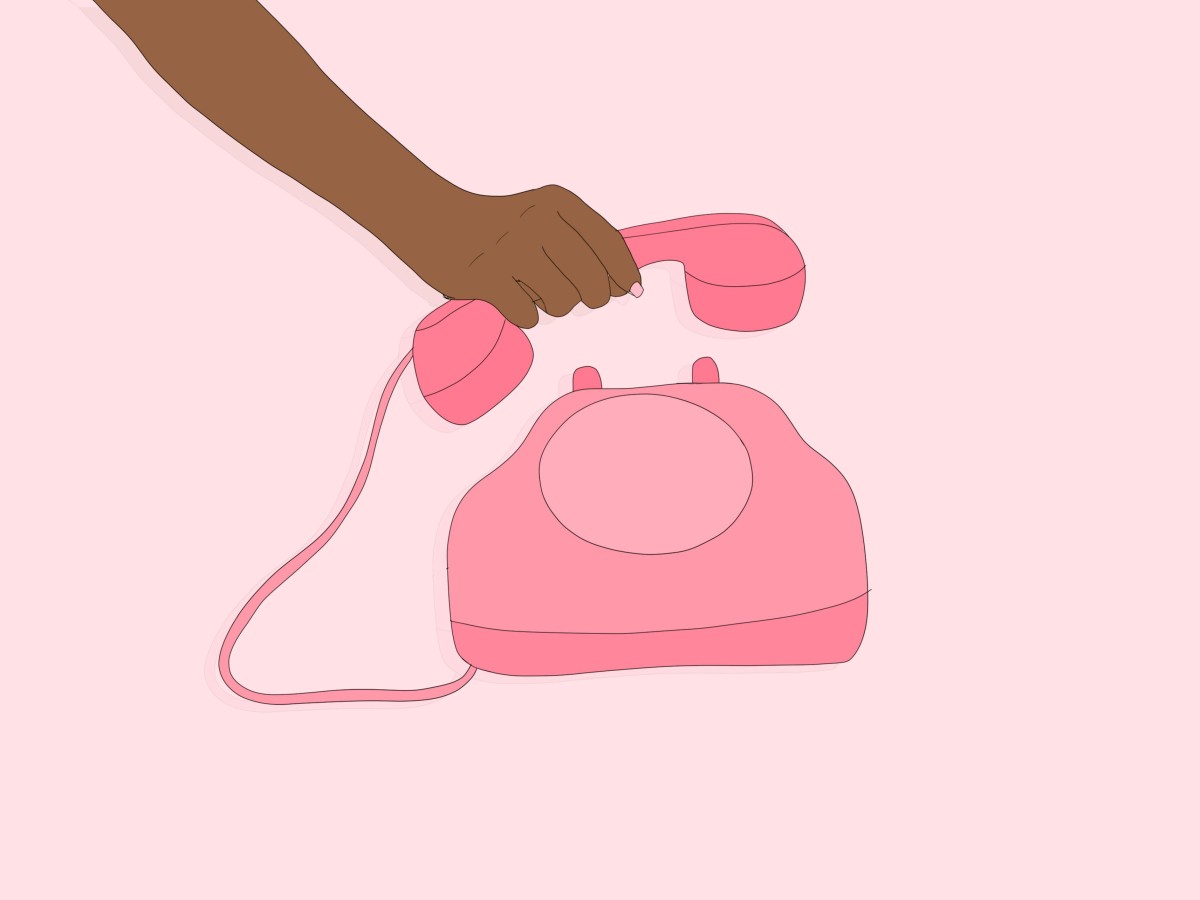Burnout is something to take seriously, you can’t pretend you don’t have it.
Experiencing burnout
I’m lying in sheets which desperately need to be washed and I haven’t brushed my teeth in a couple of days. Gaviscon has become my best friend due to sleepless nights fuelled by heartburn and anxiety. As I’m writing this, my dissertation supervisor expects summaries of my chapters and a 1000-word draft to slide into their inbox tomorrow. But I have not written anything, nor am I even trying to. I feel so ashamed of myself and no desire to fix my situation is settling in. Never did I think I would be someone to suffer from burnout, yet here I am: I’m burnt-out.
What does it feel like?
When you’re a student with an impending deadline you can’t call for someone to cover you at work. Taking a day off means you’re simply multiplying the work which needs to be completed for a later date. You are constantly toppled by guilt, guilt that you should be doing something – doing anything. Having a break never really feels relaxing, in the back of your mind you know the work is never truly finished. Every single decision begins to teeter upon a double-edged knife: to do work in this state will produce poor results and will make you feel terrible. On the other hand, doing nothing shall also make you feel terrible.
The problem with burnout as a high-achiever is that it makes you feel that your excuse for poor work performance is not viable. What is there to say? Sorry, I haven’t done my work, I’m tired. I do not even have the energy or mental capacity to try and articulate my problems or figure out what is wrong with me. At least this is how I have felt. I want to literally be babied. I want someone to scoop me up, put me to sleep and make me all my meals. I want someone to make my schedule for me and tell me what to do. 18 years in the education system and I’ve completely reverted back to a pre-school mentality.
How does this even happen?
I’ve always been the type of person to produce different things. I usually write in my own time and put my energy into different creative pursuits. I hope that writing about how I’m feeling will get me out of this rut. I also hope someone reading this will relate. A mixture of things has got me into this position. Workload, obviously, a lot of it. As well as deadlines which have felt never-ending, persistent and relentless: a new expectation every other day. However, I think what has made this burnout worse is a fear of the future as well as academic failure.
I’m scared of not finding a job after graduation, so I said ‘yes’ to any opportunity to come my way. You end up telling yourself that working two internships, whilst completing a Masters’s degree, on top of volunteering is a realistic schedule. Throw in a pinch of financial pressure and you end up staring at the ceiling at night. You think about how much your degree has cost you. You tell yourself none of it will be worth it unless you do really well. In my case, I think for the past six months I’ve timetabled my days around unachievable goals. Each day I didn’t succeed them I would be harsher on myself.
Can you tell from your relationships?

The people around you start to look at you funny, like you’re slightly broken. I know I overreact over the smallest of challenges now, my attitude has become completely defeatist. In my house, I can hear whispered conversations. I can hear my mum trying to whisper to my family that I’m ‘scaring’ her, that my behaviour is ‘not normal’, that I seem really unwell. She asks me multiple times if I should drop out of my course. The time, dedication and money have been too much of an investment – I feel like I have to push through it.
How do you overcome burnout?
It takes a lot of compassion. I’m still doing my research and I’m still trying to overcome burnout myself, but after jotting down my thoughts and behaviours over the period of a few days, I noticed I blatantly have frequent negative thought cycles. I think I’ve cracked that this is what debilitates me the most. If I don’t get everything done on my to-do list I begin to talk to myself negatively: you’re not going to be able to complete this degree. You’re making everything worse for yourself. You’re making yourself miserable and your friends don’t want to be around you because of it. You’re moaning about work all the time, everyone thinks you’re being stupid.
When you don’t have any coping mechanisms in place, you begin to judge yourself a lot more. I think this also inspires the belief that you may think other people are judging you too. You need to learn to be kind to yourself and set important boundaries and coping mechanisms in place.
Recovery tips
1. Contact who you need to about your burnout. Communicate with your boss, supervisor, teachers or whoever applies to what you are going through
This can feel awkward or embarrassing but it’s better to say something than nothing at all. You may even be surprised with their response and they could be glad to give you a break. I ended up doing this with some of my lecturers and I received a really kind and considerate response. It’s important to tell your family and friends that you are not okay. It’s also best to communicate and keep them in the loop if you go off the grid and take a break from everything.
2. Take an ACTUAL break
As I have established, this is difficult when you know you have tasks to complete, but it is important to take real time off. Take a week or two off work completely. See what sort of sick pay is available if you’re employed or establish with academic staff that you are unwell. Burnout is a mental health issue which should be taken with serious care. If you had broken an arm you wouldn’t just persevere, so why would you do that if you literally can’t get out of bed in the morning?
3. When you return to work, take it reeeeaaal sloowww
It will be beneficial for you to take a really easy pace, in fact, do not put any expectations on your day. Simply do the bare minimum. I figured out that if I were to do a tiny bit of my dissertation every day up until the deadline, I would only need to write 300 words a day. I may not even do it this way, and it probably wouldn’t be the best way to write a dissertation, but just knowing this relaxed me.
4. Get extensions
Whatever work deadline it may be, get extensions. This is exactly what they are there for. You may not even need the extension, and you may complete the work on time but knowing you have more time alleviates pressure.
5. Seek professional help
Burnout is seen as just a phase people go through when they feel slightly unmotivated. For those who know all too well, it is more than this. You need to prevent burnout when you’re experiencing early signs. If you actually become burnt-out, it is a depression hard to succumb out of. I imagine people who experience burnout are likely to be high-functioning individuals, so it may not look like you’re depressed, but if you can’t manage not crying at your desk, something is really wrong. Therapy, counselling, or medication may be needed.
In a particularly bad patch of burnout, every time I sat at my desk I would just cry. Nothing would be achieved. It can be such a shameful experience due to the guilt you put on yourself. You need to get rid of this guilt via therapy.
Final thoughts
I’m still working on myself, and at the moment I’m just taking it day by day. I’m still good at beating myself up, telling myself there are bigger problems in the world – you’re so privileged! I am currently watching news stories about the UK candidate race for Prime Minister. Each villainous contestant doesn’t care about trans rights, in fact, wants to make sure trans people don’t have rights and wants to deport asylum seekers to places they have never been to and do not know. In moments like this, I think it’s incomprehensible that I’m crying about a long essay I have to write.
Although we shouldn’t talk down to ourselves, sometimes thinking about the bigger picture can help. Your academic work or job does not matter. You should not sacrifice your mental health over it because the world has a vast amount of issues. If your work is causing you a deathly amount of stress, you need to evaluate whether it is for the best to leave. This can be daunting but may change your life. Your time should be dedicated to what really matters, do not live for work.
RESOURCES
1. ‘Burnout’, Mental Health UK: https://mentalhealth-uk.org/burnout/
2. ‘What is stress?’, Mind: https://www.mind.org.uk/information-support/types-of-mental-health-problems/stress/what-is-stress/
Find more self-improvement articles here >
Written by Phoebe Bowers
Illustrated by Francesca Mariama

